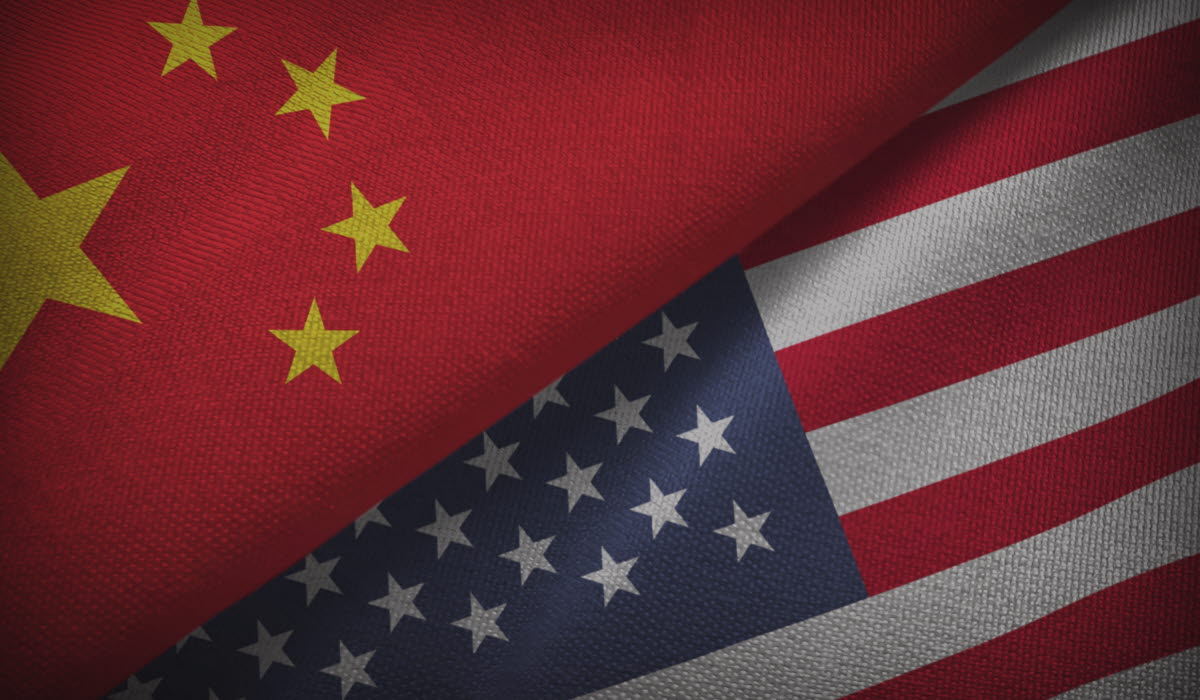As global trade dynamics continue to evolve, Swedish exporters with operations or supply chains linked to the US should stay alert to policy and regulatory shifts that may influence market access, costs, and compliance obligations. Three recent developments – the US-China trade agreement, updated CBP guidance on Section 232 tariffs on medium- and heavy-duty trucks, and the Malaysia-Republic of Korea Free Trade Agreement – illustrate both the risks and opportunities shaping international trade strategy.
US-China deal: strategic pause
The 2025 US-China trade agreement, reached during the APEC summit in South Korea on 30 October, signals a temporary adjustment rather than a reset in bilateral trade relations. The deal suspends selected tariffs and export controls – notably on rare earths – while leaving most existing measures in place.
For Swedish exporters operating in or through the US, the pause may ease near-term supply-chain constraints linked to Chinese inputs, particularly in electronics and advanced manufacturing. The agreement’s annual review clause means conditions could be renegotiated in 2026. Swedish firms are encouraged to monitor developments closely and consider diversifying sourcing to reinforce supply-chain resilience.
Truck tariffs: CBP guidance
On 29 October, US Customs and Border Protection (CBP) issued updated guidance clarifying the scope of Section 232 tariffs on medium- and heavy-duty trucks and related components. The bulletin outlines tariff rates, classification codes, and documentation standards for importers seeking exemptions under trade agreements or defence-related provisions.
Swedish exporters supplying drivetrains, chassis, or complete vehicles to US partners should note the emphasis on compliance and traceability. Companies with US-based final assembly or sourcing strategies aligned with USMCA rules may be able to mitigate tariff exposure. Importers are advised to review classification codes, verify country-of-origin documentation, and maintain comprehensive records to substantiate any exemptions or carve-outs.
Malaysia–South Korea FTA: new gateway
On 27 October 2025, Malaysia and South Korea concluded negotiations for the Malaysia–Republic of Korea Free Trade Agreement (MKFTA) during the 47th ASEAN Summit in Kuala Lumpur. The agreement covers goods, services, digital trade, and green-economy cooperation, and includes a strategic supply-chain memorandum of understanding.
Although ratification and entry into force are expected in early 2026, the FTA is already shaping regional sourcing considerations. For Swedish exporters in the US relying on Asian inputs, Malaysia and South Korea may emerge as competitive alternative hubs. The deal also opens opportunities for collaboration in semiconductors, the bioeconomy, and clean technology – strengthening Asia’s role in resilient global supply chains.
What to watch this week
- IEEPA ruling: On 5 November, the US Supreme Court will hear arguments that could limit presidential authority to impose emergency tariffs under IEEPA.
- USMCA review: The USTR’s public hearing on 17 November will formally open the 2026 USMCA review, with potential revisions to rules of origin and regional content thresholds.
Get in touch
Business Sweden has extensive experience in tariff scenario analyses, localisation strategies, and supplier evaluations.
To help Swedish SME companies navigate these shifts, Business Sweden has launched the US–Sweden Tariff Intelligence & Advisory platform. The initiative provides real-time tariff updates, practical implementation tools, and access to expert-led sessions and peer learning. It also connects you with vetted customs brokers and logistics partners to support compliance and supply-chain resilience.
If you need support in assessing your supply chain or are interested in joining the platform, please contact Johan Karlberg or Vlad Månsson
SUBSCRIBE TO OUR US TRADE POLICY BLOG
Stay ahead with the latest insights and updates from Business Sweden’s US blog series.
Click here to subscribe now to receive email notifications for new posts.




